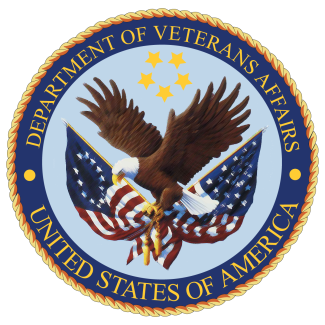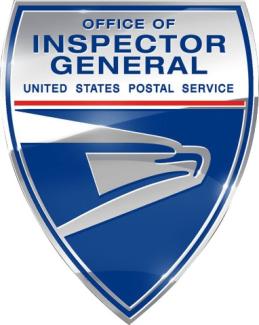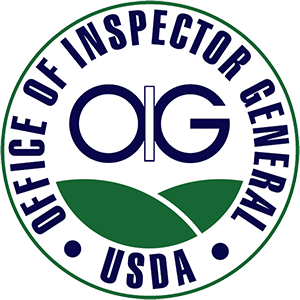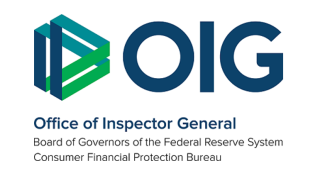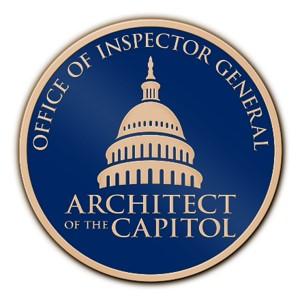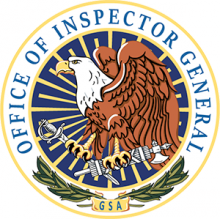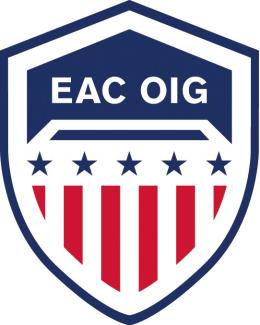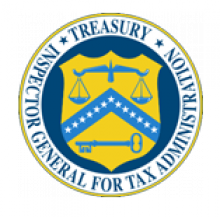Anticipating a surge in disability benefits claims resulting from the passage of the PACT Act, the Veterans Benefits Administration (VBA) launched a project to automate the processing of hypertension (high blood pressure) claims—specifically, claims that request an increased evaluation or rating for this condition. VBA assigns a rating to each service connected disability based on impaired earning capacity; an increased rating would indicate worsening of the disability and increase the veteran’s monthly benefits accordingly. The VA Office of Inspector General (OIG) conducted this proactive review to determine whether the project supported accurate decisions on veterans’ claims while also improving processing timeliness and reducing manual effort.The project automates evidence-gathering tasks including extracting blood pressure readings and hypertension-related medication data from VA treatment records. These are compiled into a summary sheet uploaded to the veteran’s electronic claims folder. Overall, the summary sheets the OIG team reviewed did not contain comprehensive blood pressure reading information that would assist claims processors in accurately deciding the claim.Three other automation project deficiencies were inaccurate decisions, oversight gaps, and unclear metrics. Testing revealed that 27 percent of all claims reviewed (16 of 60 claims) contained inaccurate and inconsistent determinations (1) regarding the predominant blood pressure readings for hypertension or (2) when evidence was sufficient to decide a claim without an exam. This resulted in inaccurate decisions on veterans’ claims. The inaccuracies were largely caused by confusing guidance. Oversight gaps appeared in quality assurance results and monitoring. The team also found that claims processing timeliness metrics did not factor in the high priority given hypertension claims, making it difficult to assess improvement in claims decisions.The OIG recommended implementing technology improvements, ensuring guidance is clear for all claims processors, improving quality assurance and better monitoring the results, and creating or amending metrics.
| Report Date | Agency Reviewed / Investigated | Report Title | Type | Location | |
|---|---|---|---|---|---|
| Department of Veterans Affairs | Improvements Needed for VBA’s Claims Automation Project | Review | Agency-Wide | View Report | |
| U.S. Postal Service | Terminal Handling Services - Phoenix, AZ | Audit | Agency-Wide | View Report | |
| Department of Agriculture | Legacy Road and Trail Remediation Program | Inspection / Evaluation | Agency-Wide | View Report | |
| Department of Agriculture | Independent Service Auditor’s Report on the Office of the Chief Information Officer’s Description of Its Data Center Hosting and Security Systems and the Suitability of the Design and Operating Effectiveness of Its Controls for the Period October 1, 2022 | Other | Agency-Wide | View Report | |
| Board of Governors of the Federal Reserve System | Material Loss Review of Silicon Valley Bank | Inspection / Evaluation | Agency-Wide | View Report | |
| Department of Agriculture | COVID-19 - Coronavirus Food Assistance Program - Direct Support | Inspection / Evaluation | Agency-Wide | View Report | |
| Architect of the Capitol | Cannon House Office Building Renewal Project’s Punch List and Warranty Work Process Lacked Sufficient Oversight | Audit |
|
View Report | |
| General Services Administration | Implementation Review of Corrective Action Plan: Audit of the Federal Risk and Authorization Management Program, Program Management Office’s Goals and Objectives, Report Number A170023/Q/T/P19002, March 21, 2019 | Other | Agency-Wide | View Report | |
| Election Assistance Commission | Oversight Plan For Fiscal Year 2024 | Other | Agency-Wide | View Report | |
| Internal Revenue Service | Fiscal Year 2023 Statutory Review of Potential Fair Tax Collection Practices Violations | Audit | Agency-Wide | View Report | |


